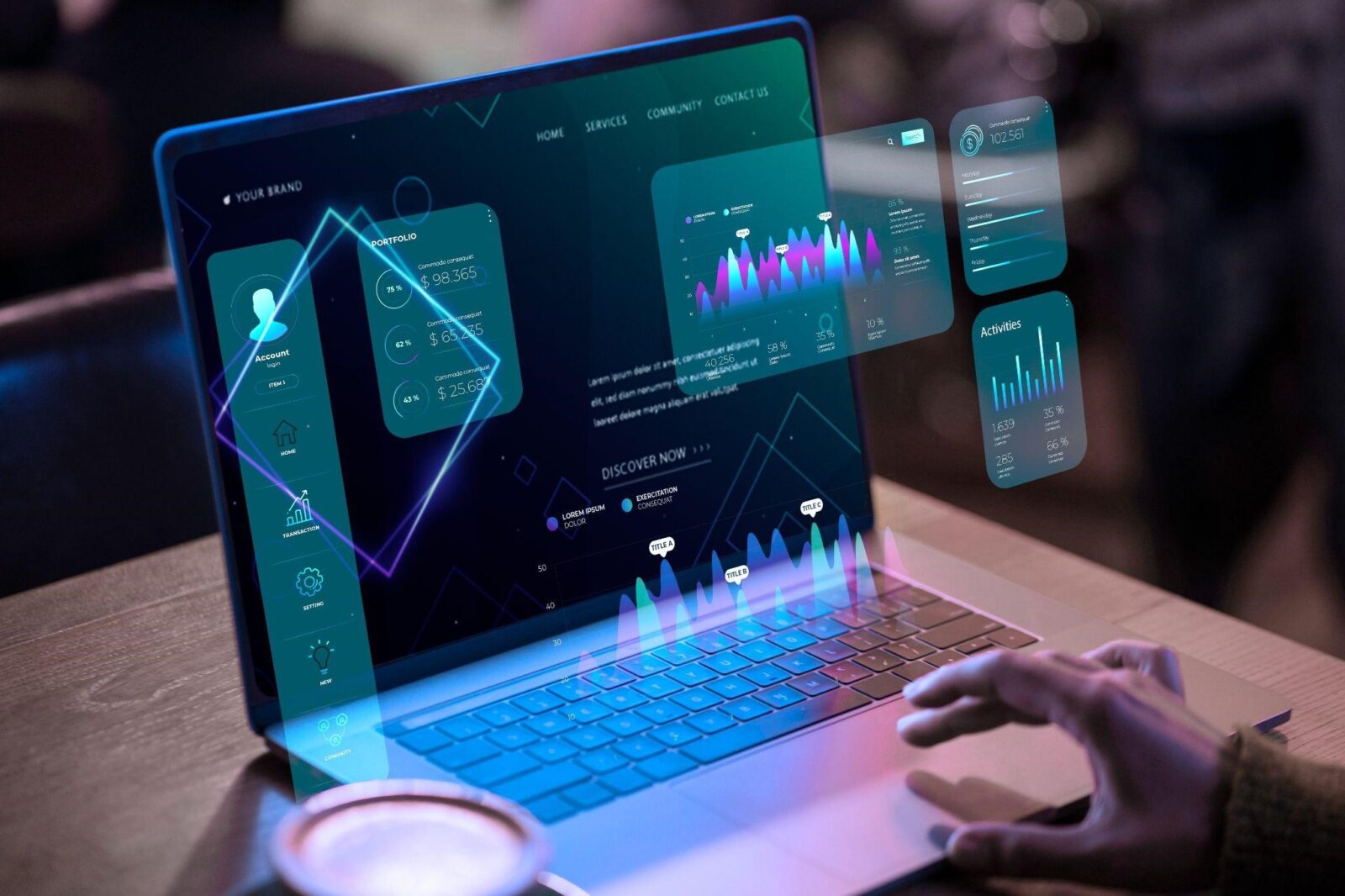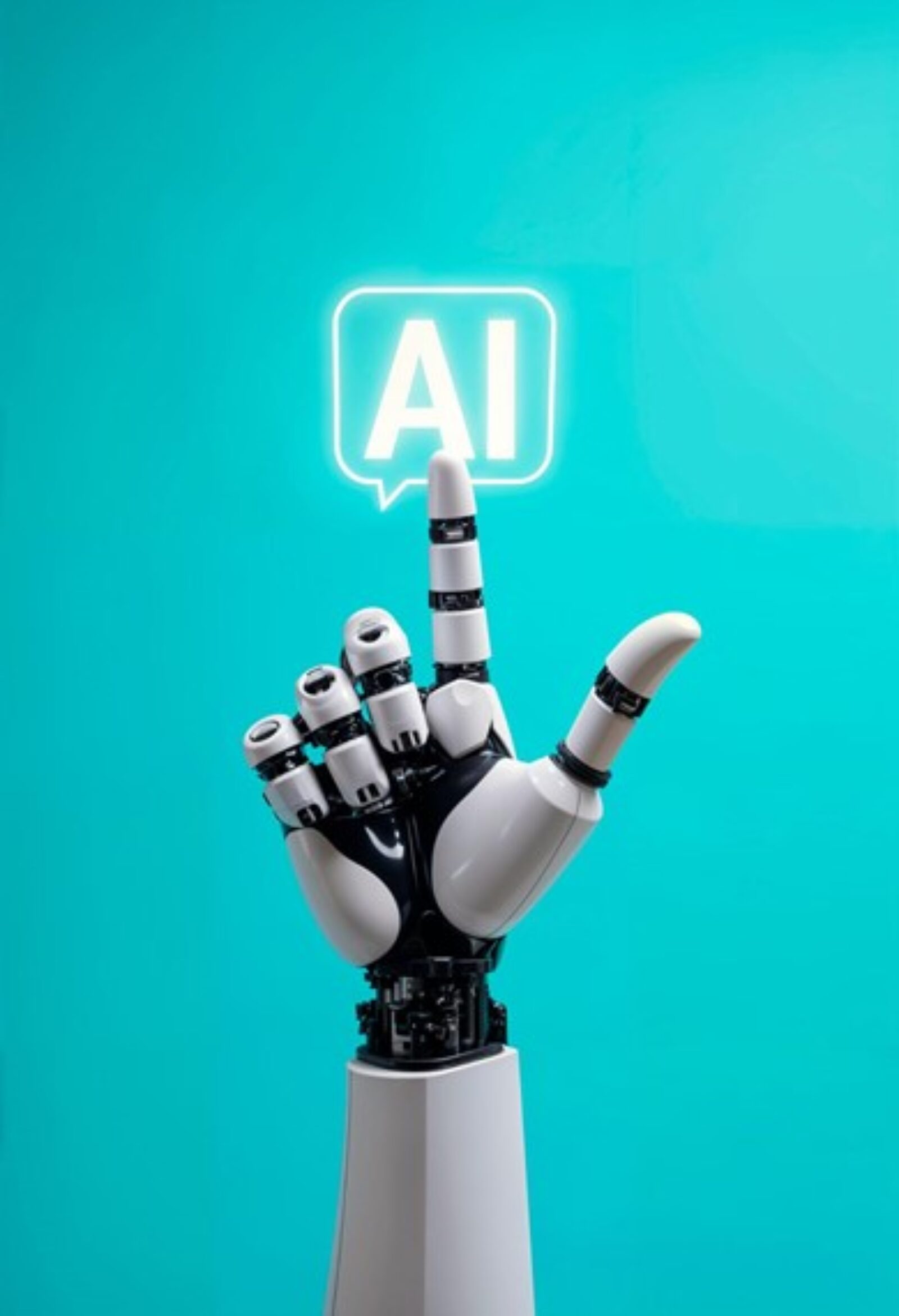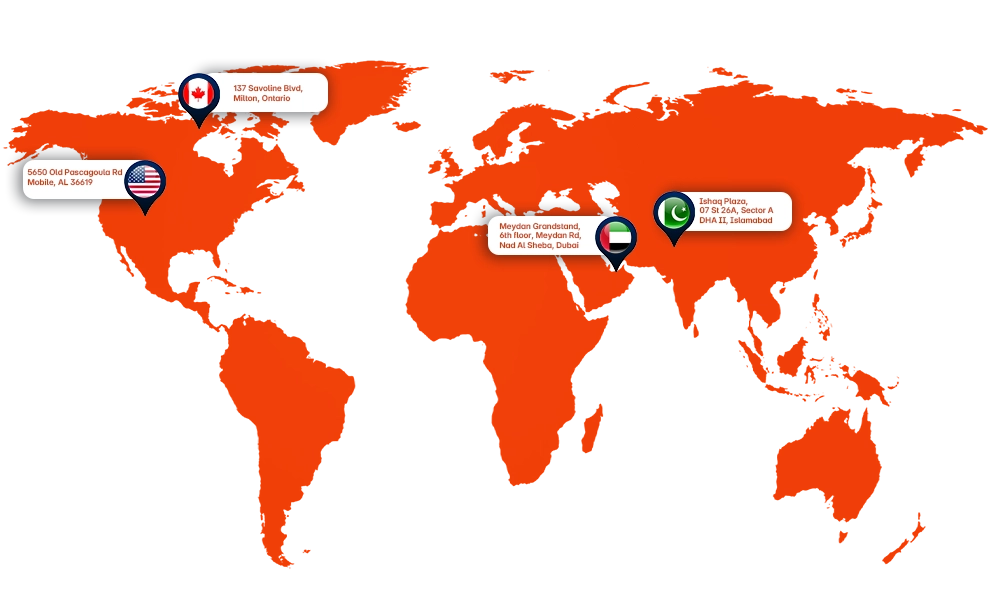Top 17 AI Tools for SEO in 2025
Search engines are changing fast, and so is the way websites get found online. What used to take hours of manual research and guesswork is now easier with artificial intelligence. Businesses of all sizes can now use smart AI tools to improve content, track rankings, and build...
How to Use AI to Generate High-Converting Blog Content
The way we create content is changing fast. Businesses, marketers, and bloggers are looking for tools that help them save time while still producing quality work. This is where an AI blog content generator comes in. With the right approach, AI can help you write blog posts...
How AI Is Changing Social Media Marketing (And How to Adapt)
If you use social media, you’ve probably noticed how smart it has become. Your feed shows posts that feel made just for you, ads that match your interests, and even captions that sound natural. This is not a coincidence. It’s the power of AI in social media marketing at...
Best AI Tools for Freelancers That Boost Productivity and Client Results
Freelancing has opened the door to endless possibilities. You can work from anywhere, choose your clients, and set your schedule. But with freedom comes a new kind of pressure. Deadlines are tighter, clients expect quicker turnarounds, and staying creative while juggling...
How Small Businesses Can Use AI to Improve Marketing in 2025
Running a small business in 2025 is exciting, but it can also feel challenging. Customers expect quick responses, personalized offers, and content that speaks directly to them. At the same time, small business owners often juggle limited budgets and small teams. This is where...
Top 15 AI Tools Every Digital Marketer Should Use in 2025
AI is no longer a buzzword in digital marketing. It has become the backbone of how brands create content, connect with audiences, and grow online. In 2025, marketers who use AI tools are saving time, producing better campaigns, and making smarter decisions with data.
In...
What is AI Marketing and How Can It Grow Your Business?
Marketing has changed a lot in the past few years. Businesses today need to connect with people in real time and stay active on multiple platforms. They also need to do this while keeping their costs under control. But doing this with traditional methods is not easy.
In...
The Future of AI in Digital Marketing: What You Need to Know
Artificial intelligence is leading the way with the rapid changes happening in the digital world today. The future of AI in digital marketing looks bright. It will change the way businesses connect with their customers. AI technologies are changing marketing and business...










